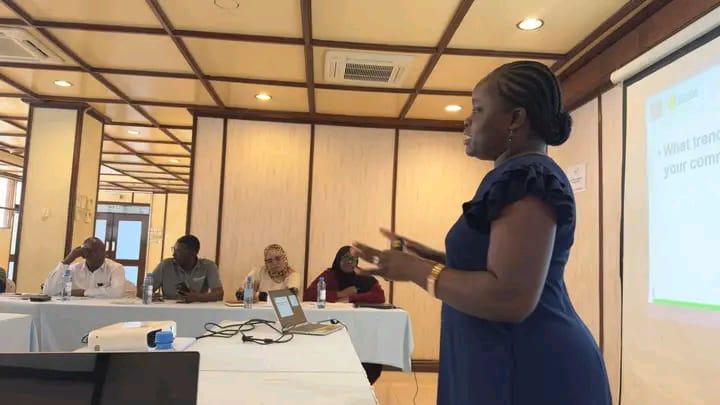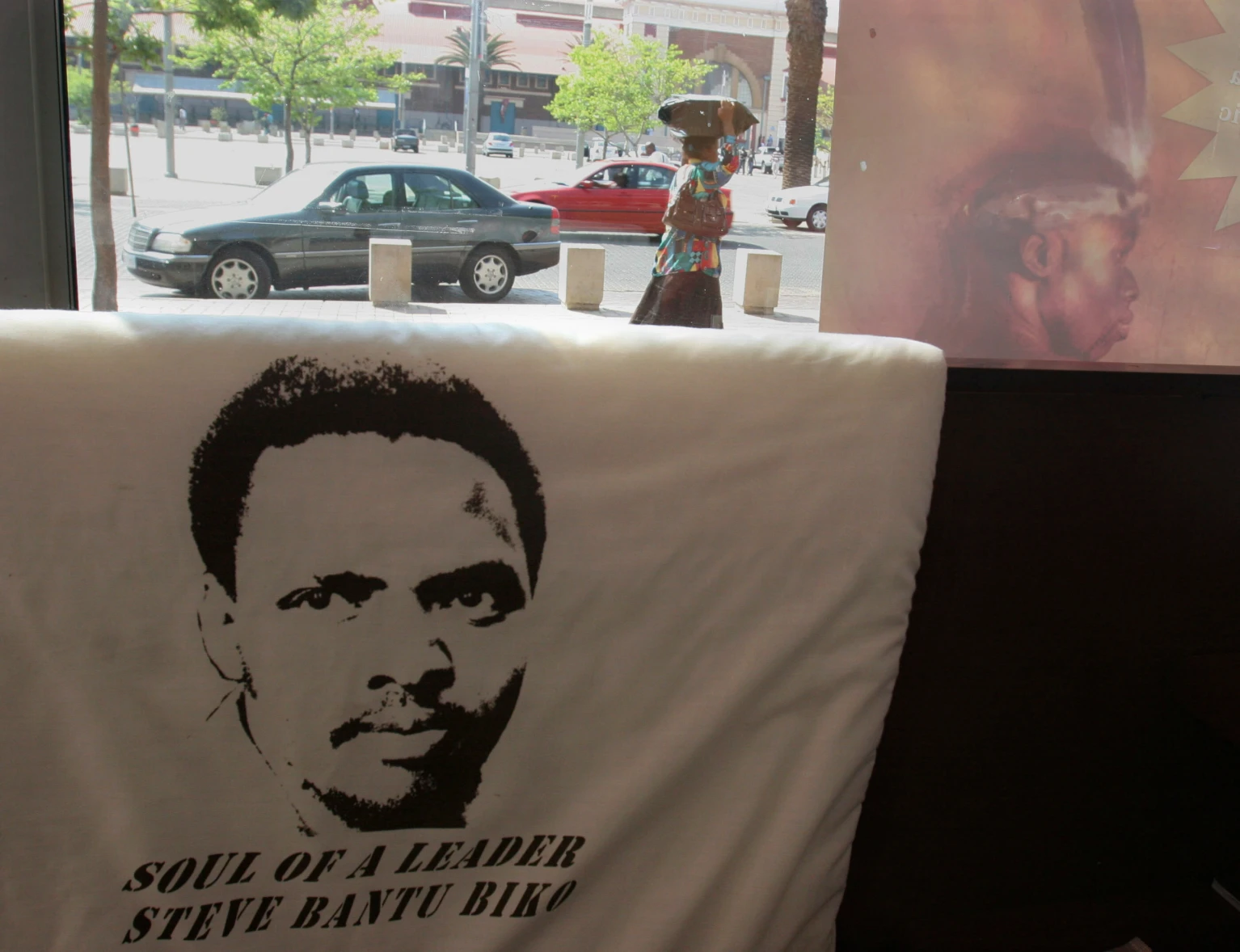
National Authority for the Campaign Against Alcohol and Drug Abuse (NACADA) is partnering with Pwani Patriotic Religious Leaders in an inter-religious campaign on alcohol and drug control.
The meeting at a Mombasa hotel brought together clerics from both the Christian and Muslim faiths to equip them with knowledge on the effects of substance abuse and strategies for prevention within their congregations and the wider community.
Speaking during the event, NACADA’s Yvonne Orlando said religious leaders have a key role to play in addressing the challenge of drug abuse due to their influence in society.
“The impact of drugs continues to rise as shown in NACADA’s recent survey. Religious leaders have many followers and when they speak on this issue it helps protect communities, particularly in the coast region. We have been learning from one another and hope to agree on the best way forward to safeguard our people,” Dr Orlando said.
She observed that NACADA is running communitywide programmes across the country, including initiatives that bring together Community Based Organisations and Civil Society Organisations to strengthen prevention efforts at the grassroots.
Bhang, heroin, shisha were among the drugs identified during the event and a new synthetic drug, xylazine which is a veterinary drug that is mixed with heroin. The awareness programme included sessions on identifying signs of substance abuse, counselling techniques and referral pathways for individuals seeking help.
Bishop Paul Mwaura of the Pwani Patriotic Religious Leaders noted that substance abuse affects all communities regardless of faith.
“This problem affects all of us whether Muslims or Christians. The victims are our brothers and mothers. When we are educated as religious leaders, we can in turn educate our followers. Protecting families and communities from the effects of drugs and alcohol is our collective responsibility,” he said.
Supreme Council of Kenya Muslims (SUPKEM) Mombasa County chairperson Athman Ali Akbar emphasised the need to focus on prevention at an early age.
“We must take a new approach by starting to educate children while still young, through mosques and churches,” he said.
- A Tell Media / KNA report / By Hassan Bahati






